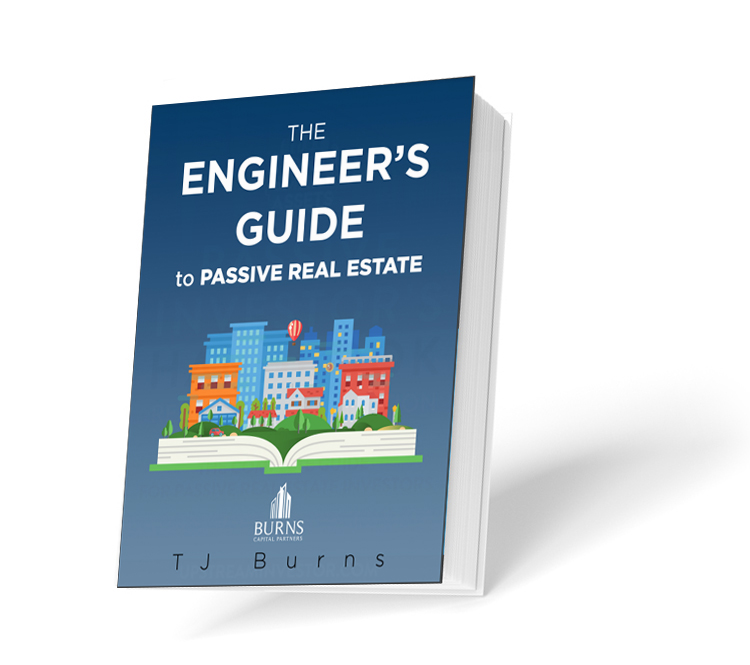
You’ve done the research and you’ve decided to start investing in real estate. You have your market picked out, spreadsheets in place, and your spouse on board. You’ve seen everyone else on Instagram get rich off buying ugly houses and renting them out. Now it is your turn. The only problem is the coming housing crash.
I first learned of the coming crash in 2017, when I started learning about real estate. It kept me out of ‘the game’ until my fear of missed opportunity cost overcame my fear of doing a bad deal.
Every year that I waited saw no housing crash. But, every year there were new articles which said it was right around the corner.
We’re nearing the end of 2022 at the time of writing this article. Right now there are serious headwinds in real estate. Interest rate hikes, demand-crushing inflation, and asset deflation are upon us. These Experts are calling for 10-20% price drops.
Are we on the verge of a housing crash? On one hand, there is no other industry so affected by interest rates than the real estate market. A 600k home with a 3% rate one year ago now has the same monthly payment as a 300k home. Buyers’ purchasing power is down, which limits the number of eligible buyers. That equals lower demand. If the supply of homes for sale remain the same, then prices drop.
But, people need to live somewhere. There is currently a shortage of roughly 4 million units of rental real estate in the US. Lack of supply supports pricing.
The balance of these forces is stagnation. Current homeowners may not want to leave their low interest rate mortgages, and will not list their homes for sale. New buyers can’t afford to buy homes with current rates in place, so they may also stay put at wherever they are. Whether that is renting, living with family, or in their own homes.
While everything above is true, it still doesn’t predict what happens next. Future predictions are speculation, like they were in 2017, 2018, 2019, 2020, 2021, and now 2022. We very well could see a housing crash in the near term, or we could see a slight decline, or we could also see prices flattening and stabilizing. Nobody knows.
So as an investor, what do you do? Do you wait for basement-floor prices once the crash is over?
For me it comes down to the difference between speculating & investing. Speculating is taking unusual risk in the hope of a large gain. Investing is buying assets that produce income and increase in value over time.
If you buy a house with the hope that it will increase in value, then you are speculating. If you buying a house that you can:
- rent today
- pay all your bills
- realize a profit in the form of cash flow
- and you plan to hold onto the asset for the foreseeable future
then you are investing.
As an investor, I try to always be investing. If I do so long enough, I’m sure I’ll invest at the top of the market cycle at some point. I’ll also invest at the bottom of the market cycle, and everywhere between. Which is fine, because I’ll realize all the benefits of real estate investing in the process.
Some questions I ask myself to determine if I’m investing or speculating:
- Is the business plan contingent on values appreciating?
- Does the asset cash flow today?
- What must go wrong for the cash flow to decrease or become negative?
- How long will the business be able to survive if there is a downturn?
- Does the business plan make sense?
Am I OK with holding onto this asset forever, if need be?
The last one is important. Most of the wealth created in real estate comes in the form of equity. Buying something that you have no intention of selling is the best way to get top dollar when you do sell.
If you want to be an investor, then don’t wait. Your most valuable resource is time, and your second most valuable resource is knowledge. You aren’t given any more time than you have today, and the best way to gain knowledge is by taking action.
If you want to invest alongside us, then drop a note to [email protected] or subscribe here.

